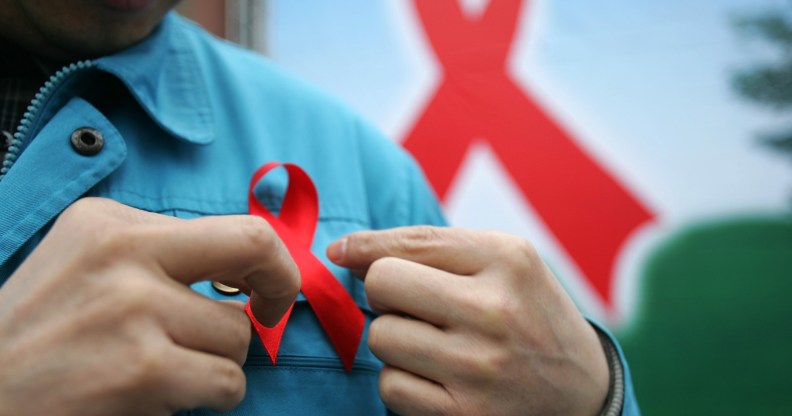Australian AIDS experts declare end of country’s epidemic – but HIV is not beaten yet

Australian health experts have declared the “end” of the country’s AIDS epidemic, after bringing cases under control.
The country joins the small number of nations that have managed to tackle AIDS, with the number of cases of AIDS-related illnesses plummeting.
The news comes from the Australian Federation of AIDS Organisations, which concluded that although HIV is still spreading in the country, strong healthcare provisions have reduced the likelihood that HIV will progress to AIDS.
A statement confirmed: “While HIV was traditionally the precursor to AIDS, advances in the effectiveness of HIV medicines and access to them means very few Australians who are able to access HIV therapies now progress to AIDS.
“The announcement marks the culmination of a thirty-three year response, spanning science, medicine and community outreach and activism. ”
The group said that “the elusive goal of ending new HIV infections remains an enduring challenge” – with 1200 new cases occuring each year – but projected it may be possible to “achieve virtual elimination of new HIV infections by 2020”.
Professor Andrew Grulich, Head, HIV Epidemiology and Prevention Program at the Kirby Institute, said: “Australia has made tremendous progress both in treating and preventing HIV and preventing it from progressing to AIDS.
“While we continue to see a number of people diagnosed late with HIV, some of whom have AIDS-type symptoms, the AIDS public health threat has morphed into an HIV prevention challenge. We continue to see more than 1000 new HIV diagnoses a year in Australia.
“In fact, with new prevention tools such as pre-exposure prophylaxis (PrEP) Australia has a real chance of both consolidating our tremendous progress against AIDS and reaching the ambitious goal of virtual elimination of HIV transmission by 2020.”
Darryl O’Donnell, Chief Executive Officer of the Australian Federation of AIDS Organisations (AFAO), said: “AIDS is over in the way we knew it. Australia’s progress against AIDS is tremendous.
“We will never again in our communities have the horror of so many loved ones dying. We don’t have to worry that HIV will inevitably lead to illness and death.
“Good access to treatment and testing and a community-led approach is critical to maintaining Australia’s effective response to HIV.
O’Donnell added: “But the job isn’t done. Too many people are still being diagnosed with HIV, and often they’re being diagnosed much later than we’d like.
“The virtual elimination of new HIV infections requires long-term investment in the organisations that have responded to the needs of HIV in our affected communities for thirty years.
“These are the community organisations that have supported gay men and communicated honestly about new research into treatment and prevention.
“Successive governments have invested in the HIV/AIDS response since the early 1980s. Australia’s success in fighting AIDS is globally recognised. Now we must go the next step and end new HIV infections.”
Cipri Martinez, President of the National Association of People Living with HIV Australia, said: “Getting to zero new HIV infections in Australia means redoubling our efforts with vulnerable communities including, women, non-community attached gay men and people from non-English speaking backgrounds.
“These people are most likely to be diagnosed and treated late and can sometimes develop AIDS-defining conditions. Those few individuals can be confident that in most cases their symptoms can be quickly and easily addressed with effective treatments.
“The only way we can reduce the number of HIV infections to zero by 2020 in our region is by focusing intense advocacy and resources on those people most at risk of new HIV infections, especially young gay men and people who inject drugs.”

